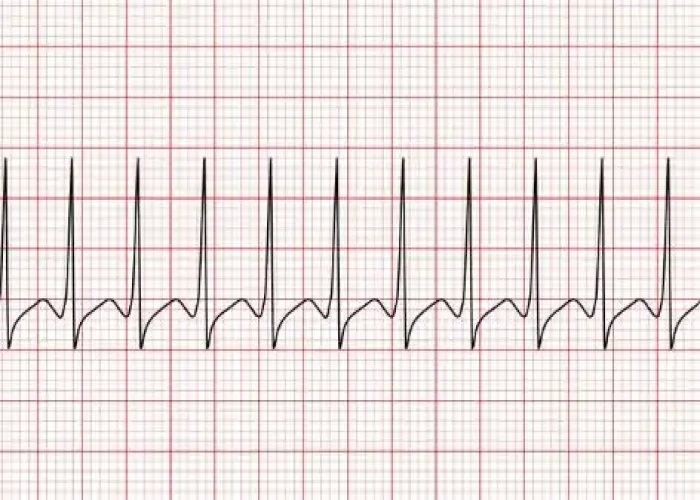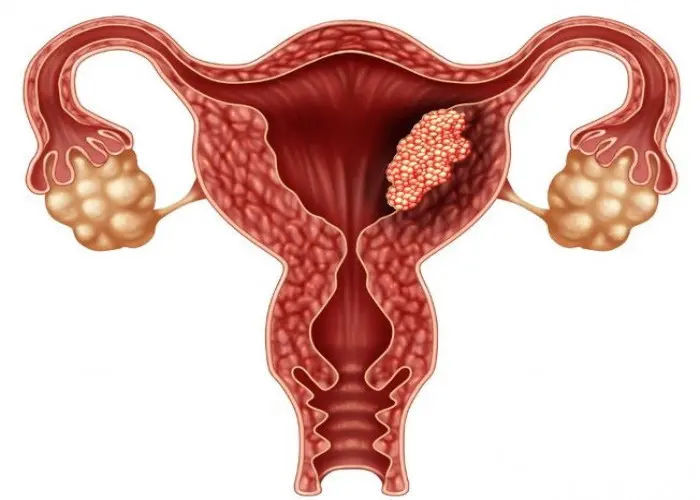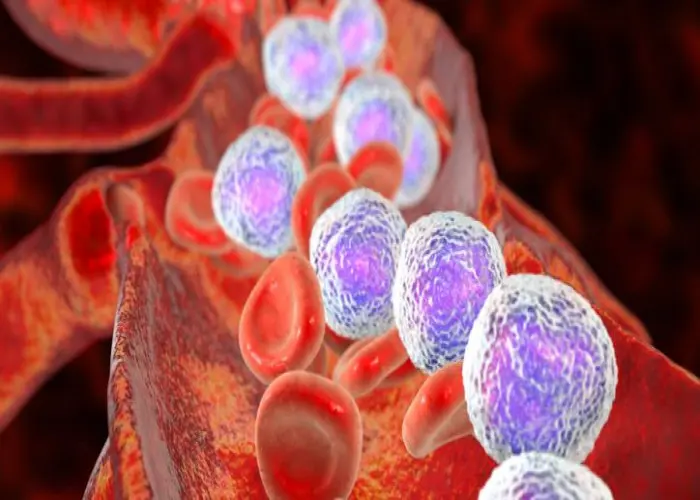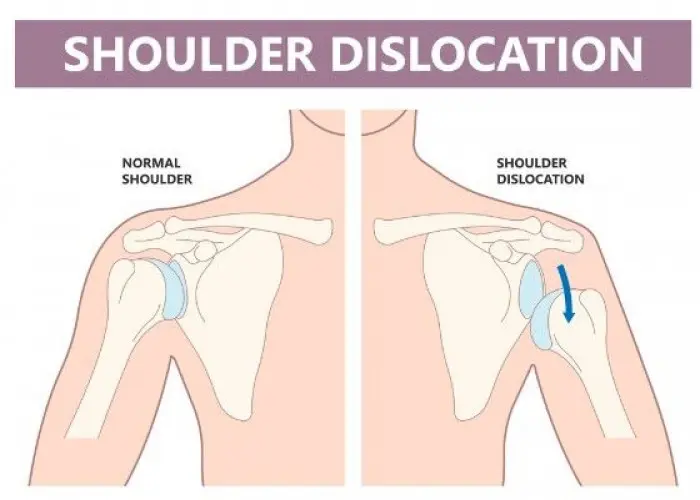 Welcome
Welcome
“May all be happy, may all be healed, may all be at peace and may no one ever suffer."
Illness anxiety disorder

Illness anxiety disorder (IAD), previously known as hypochondriasis, is a mental health disorder characterized by persistent and excessive worry about having a serious illness, despite having no or only mild symptoms. People with IAD often become preoccupied with the idea that they have a medical condition, despite reassurance from healthcare professionals.
Symptoms of IAD can include checking the body for signs of illness, seeking repeated medical evaluations, avoiding situations that may trigger anxiety about illness, and becoming overly concerned with one's health status. These symptoms can significantly impact a person's quality of life, leading to social isolation, anxiety, and depression.
IAD is typically treated through a combination of cognitive-behavioral therapy (CBT), medication, and education about the nature of the disorder. CBT can help individuals learn to challenge and change their anxious thoughts and behaviors. Medications such as antidepressants or anti-anxiety medications may also be prescribed in some cases.
It's important to note that IAD is a real and serious mental health condition, and individuals who suffer from it should seek treatment from a mental health professional.
Research Papers
Disease Signs and Symptoms
- Poor social skills
- Frequently searching the internet for causes of symptoms or possible illnesses
- Constantly talking about health and possible illnesses
- Avoiding people, places or activities for fear of health risks
- Repeatedly checking the body for signs of illness or disease
- Having so much distress about possible illnesses that it's hard for to function
- Finding little or no reassurance from doctor visits or negative test results
- Being easily alarmed about health status
- Worrying that minor symptoms or body sensations mean have a serious illness
- Unreasonable fears
- Excessive bruising
Disease Causes
Illness anxiety disorder
The exact cause of illness anxiety disorder isn't clear, but these factors may play a role:
- Beliefs. You may have a difficult time tolerating uncertainty over uncomfortable or unusual body sensations. This could lead you to misinterpret that all body sensations are serious, so you search for evidence to confirm that you have a serious disease.
- Family. You may be more likely to have health anxiety if you had parents who worried too much about their own health or your health.
- Past experience. You may have had experience with serious illness in childhood, so physical sensations may be frightening to you.
Disease Prevents
Illness anxiety disorder
Little is known about how to prevent illness anxiety disorder, but these suggestions may help.
- If you have problems with anxiety, seek professional advice as soon as possible to help stop symptoms from getting worse and impairing your quality of life.
- Learn to recognize when you're stressed and how this affects your body — and regularly practice stress management and relaxation techniques.
- Stick with your treatment plan to help prevent relapses or worsening of symptoms.
Disease Treatments
The goal of treatment is to help you manage anxiety about your health and improve your ability to function in daily life. Psychotherapy — also called talk therapy — can be helpful for illness anxiety disorder. Sometimes medications may be added.
Psychotherapy
Because physical sensations can be related to emotional distress and health anxiety, psychotherapy — particularly cognitive behavioral therapy (CBT) — can be an effective treatment. CBT helps you learn skills to manage illness anxiety disorder and find different ways to manage your worries other than excessive medical testing or avoidance of medical care.
CBT can help you:
- Identify your fears and beliefs about having a serious medical disease
- Learn alternate ways to view your body sensations by working to change unhelpful thoughts
- Become more aware of how your worries affect you and your behavior
- Change the way you respond to your body sensations and symptoms
- Learn skills to cope with and tolerate anxiety and stress
- Reduce avoidance of situations and activities due to physical sensations
- Reduce behaviors of frequently checking your body for signs of illness and repeatedly seeking reassurance
- Improve daily functioning at home, at work, in relationships and in social situations
- Address other mental health disorders, such as depression
Other therapies such as behavioral stress management and exposure therapy also may be helpful.
Medications
Antidepressants, such as selective serotonin reuptake inhibitors (SSRIs), may help treat illness anxiety disorder. Medications to treat mood or anxiety disorders, if present, also may help.
Talk with your doctor about medication options and the possible side effects and risks.
Disease Diagnoses
Disease Allopathic Generics
-
Phenobarbital
The patient should be told that he has no disease. Avoid bad thoughts and do your own work. For patient concerns. 1 pill 3 times a day.
-
Diazepam
Drugs containing diazepam in severe and chronic anxiety, mental restlessness, insomnia with anxiety or physical restlessness.
1 pill 3 times a day for 3 weeks. The dosage should be determined by monitoring the patient's condition. If this medicine is used for a long time, the patient becomes addicted to this medicine.
-
Propranolol Hydrochloride
Medicines containing propanol for headache, heart palpitations, pounding chest, physical and mental restlessness, mild fear etc.
1/2 pill 3 times a day. 2 times a day when heart rate decreases.
-
Amitriptyline Hydrochloride + Chlordiazepoxide
Medicines containing chlordiazexide in severe and chronic anxiety/anxiety.
1 pill 3 times a day. The dosage can be further increased according to the condition of the patient. Maximum 40mg/10mg daily in divided doses.
-
Bromazepam
Bramazepam is a drug for emotional disturbances, anxiety, depression, anxious, mood swings, nervous tension.
1 pill 3 times a day.
-
Clobazam
Medicines containing clobazam for anxiety, stress, restlessness, agitation and sleep difficulties.
1 pill 3 times a day. Maximum dose: 60mg in divided doses.
-
Lorazepam
Medicines containing lorazepam for anxiety, insomnia, restlessness, or restlessness.
1mg+1mg+2mg / 2mg+2mg+2mg.
-
Trifluoperazine
Medicines containing triflupyrazine to reduce anxiety, suspicion and anxiety.
1 pill 2/3 times a day in low dose.
-
Procyclidine Hydrochloride
Triflupyrazine and thioridazine containing drugs are used together with procyclidine containing drugs.
1/2, 1 pill 2 times a day.
-
Flupentixol
Flupenthixol and melitracin combination drugs when anxiety, depression and depression coexist.
1+0+0.
-
Flupentixol + Melitracen
Flupenthixol and melitracin combination drugs when anxiety, depression and depression coexist.
1+0+0.
-
Amitriptyline Hydrochloride
Amitriptyline is a drug for depression.
1 pill 3 times a day, after a few days the night dose should be 50mg or more. Doses should be increased gradually. Maximum dose is 255mg (3 pills 3 times a day). Then gradually reduce the dose.
-
Vitamin B complex
for weakness. Consume 1 capsule 2 times daily.
-
Nitrazepam
1 pill daily at night.
Disease Ayurvedic Generics
Disease Homeopathic Generics
Disease yoga
Illness anxiety disorder and Learn More about Diseases

Supraventricular tachycardia

Endometrial cancer

Vaginal cancer

Atrioventricular canal defect

Broken foot

Acute lymphocytic leukemia

Dislocated shoulder

Cellulitis
illness anxiety disorder, অসুস্থতা উদ্বেগ ব্যাধি
To be happy, beautiful, healthy, wealthy, hale and long-lived stay with DM3S.
